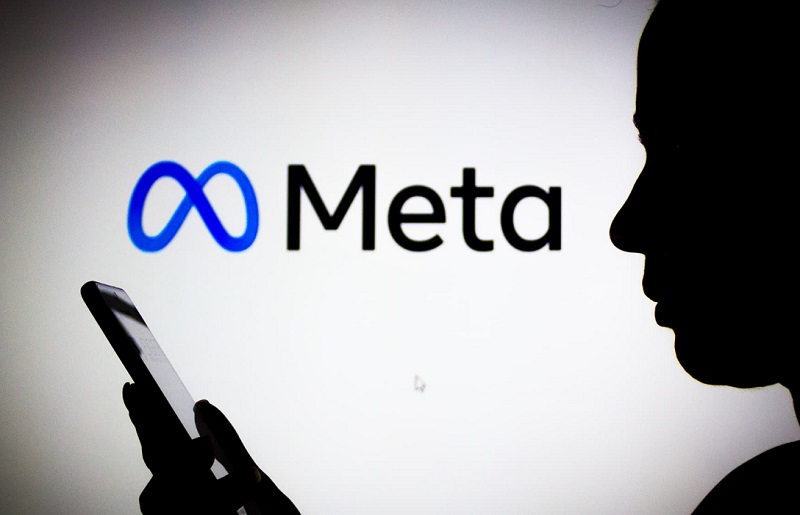Reactions from scientists and politicians, who fear it could escape human control and threaten humanity
Mark Zuckerberg announced that Meta plans to create its own artificial general intelligence, known as AGI, that is, artificial intelligence that can perform a range of tasks at a level of intelligence that matches or exceeds humans.
Meta’s CEO said he plans to make the system open source, meaning it will be accessible to developers outside the company. The system should be made “as widely available as we responsibly can,” he added. In a post on Facebook, Zuckerberg said it’s clear that the next generation of technology services “requires building full general intelligence.”
However, the potential emergence of AGI has alarmed experts and politicians around the world, who fear that such a system, or a combination of multiple AGI systems, could escape human control and threaten humanity. Zuckerberg confirmed that Meta will consider making AGI open source or making it freely available to developers and the public, as it did with the Llama 2 AI model. “This technology is so important and the opportunities are so great.” big that we need to open source the code and make it as widely available as possible so that everyone can benefit,” he said.
Dame Wendy Hall, a computer science professor at the University of Southampton and a member of the UN’s advisory body on Artificial Intelligence, told the Guardian that the prospect of open source AGI was “really very scary” and that it was irresponsible of Zuckerberg to he thinks. “The possibility of open source AGI coming out before we figure out how to configure these very powerful AI systems is really, really scary,” he said. “In the wrong hands, such technology could do a lot of damage. It’s so irresponsible for a company to suggest that,” he stressed. “Fortunately I believe that such an ambition is still many years away from being achieved in any meaningful way, so we have time to put the regulatory systems in place. But it is a matter of public safety to move this project forward as a matter of urgency,” he added.
Meta was one of the tech companies that took part in last year’s Global AI Security Summit in the UK, which pledged to allow governments to audit AI tools before and after they are launched. Another UK-based expert said that making an AGI system open is not a decision that should be left in the hands of a technology company.
“There are deep and complex arguments about the merits of current AI models, pushing them into the realm of AGI could be world-saving or disastrous,” said Dr. Andrew Rogoisky, director of the Institute for Human-Centered Artificial Intelligence at the University of Surrey. “These decisions should be made by international consensus, not in the boardroom of a tech giant,” he stressed.
Meta’s decision to launch a commercial version of Llama drew backlash from some experts, including Hall, who said it was “a bit like giving people a template to build a nuclear bomb”. Zuckerberg didn’t give a timeline for the development of an AGI system, though he said Meta has built a “tremendous amount of infrastructure” to build new AI systems. The company has ordered 350,000 artificial intelligence chips from the company Nvidia, the cost of which amounts to several billion dollars.








